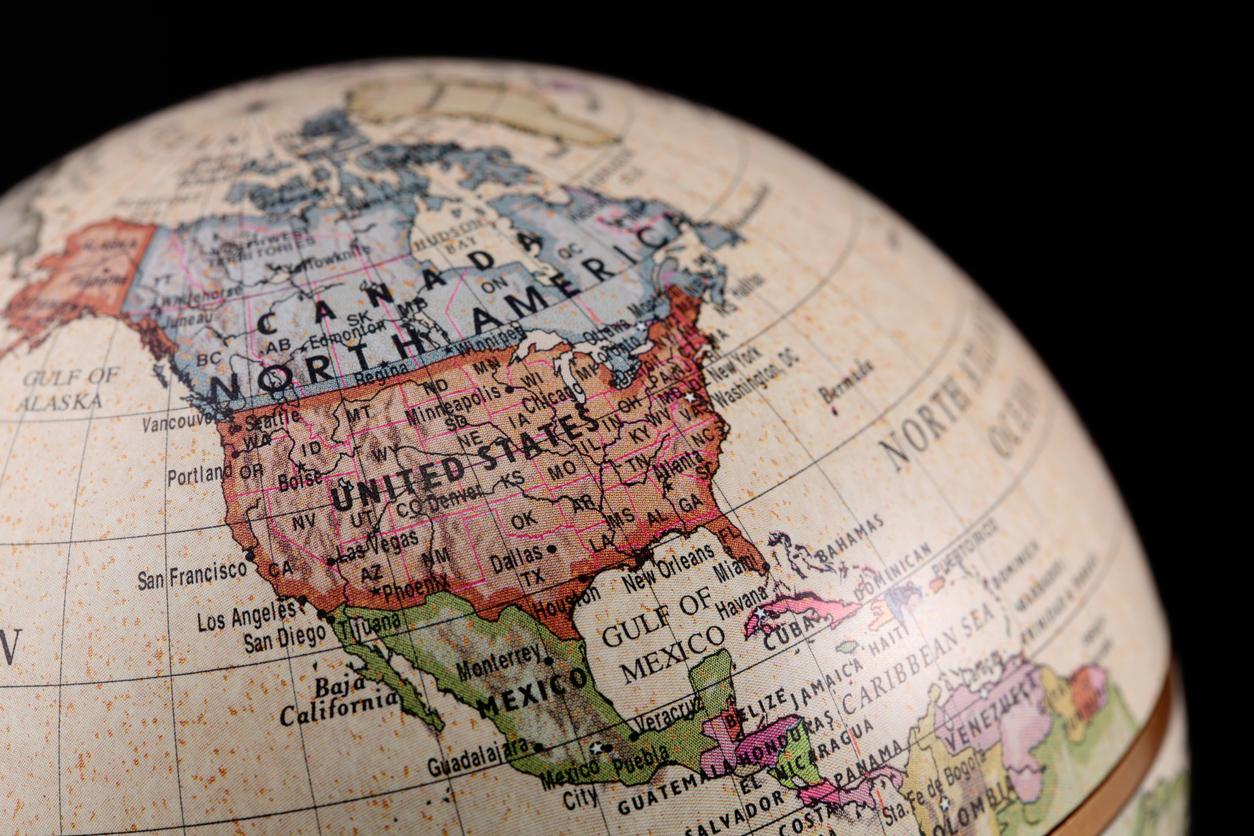United States
Inflation is finally showing signs of calming after a frothy start to the year. After rising 2.0% annualized in the second half of 2023, and thus meeting the Fed's definition of price stability, the core PCE deflator bolted 3.6% higher in the first quarter of 2024. The culprit is steamy services prices, in sharp contrast with deflating goods prices. Sturdy gains in necessities such as auto insurance, electricity and natural gas piled onto strength in discretionary items such as recreational services and hotel fees. Rent is also proving a stubborn beast to tame, though recent market measures flag a deceleration. But core prices finally cooled somewhat in April, though the yearly rise remains stuck at 2.8% y/y, a bit hot for the Fed’s comfort.
Canada
The inflation embers have cooled more in Canada than in the U.S. due to weaker demand and looser labour markets. The Bank of Canada's preferred Median and Trim measures of core inflation decelerated to annual rates below 1.5% in the first four months of the year, the slowest since 2020 and below the target. Despite a soggy loonie, goods prices are up just 1% from a year ago. Services prices are still running fast at above 4%, largely due to two remaining white coals—rent and mortgage service costs. But this rate is down from the cycle high of almost 6%. Helping dampen inflation is a steadily rising jobless rate, now at 6.1% in April after sliding to a half-century low of 4.8% in 2022. A further increase to 6.6% later this year should slow unit labour costs that are still running hot at 4.3% y/y in Q1. Labour productivity is down 0.9% in the past year, providing no help in the inflation battle.
